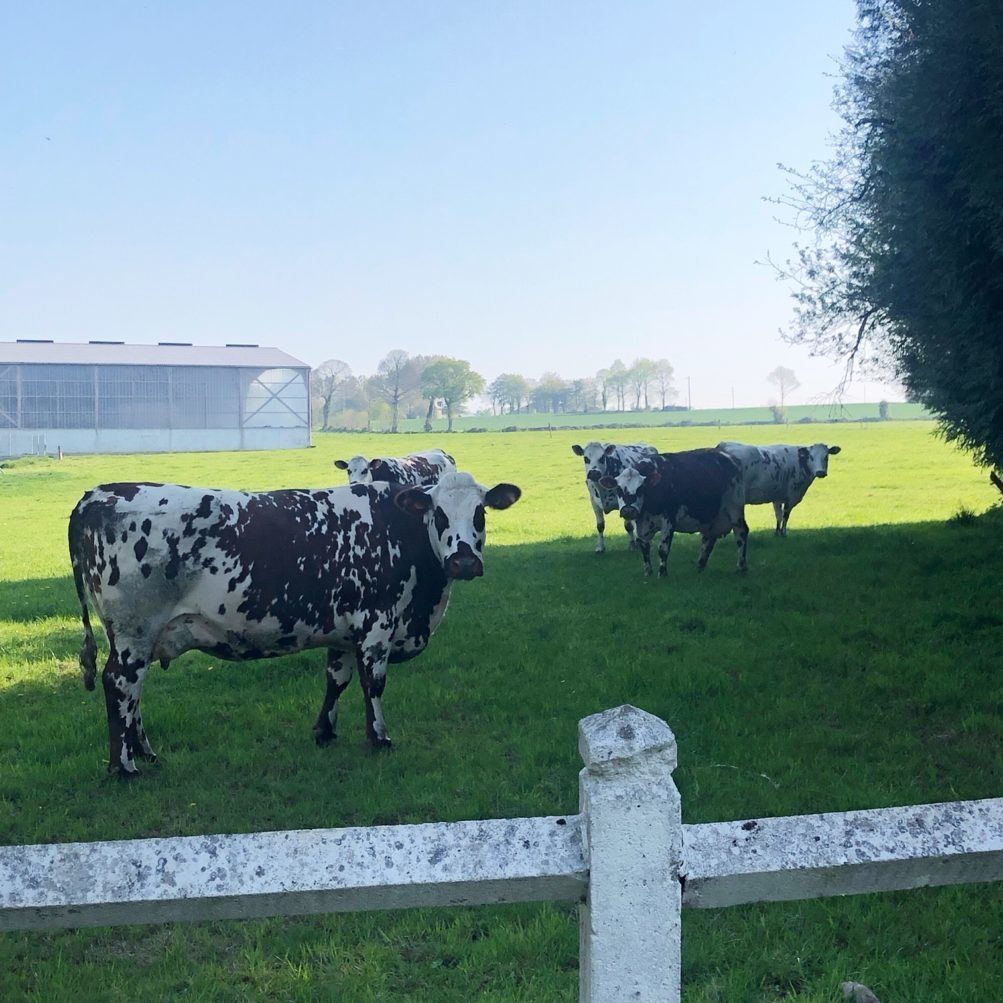
SUNDAY SHUTDOWN #14 Milk an dairy: but mostly milk because to cover dairy as an entire category is too much information for a Sunday.⠀
It was posed to me at a workshop recently “humans are the only mammal that drink milk from another animal” and that the fact I was referencing cow’s milk as a good source of nutrition was wrong. We are also the only animal to drive cars, peel our vegetables, cook using gas and wear clothes and but that doesn’t mean it’s wrong. Does it?⠀
So I just wanted to set the record straight. Dairy is one of the best sources of nutrients we have available to us. It contains calcium and vitamin D which help to protect our bones and B12 which is important for red blood cells. Protein to aid muscle repair and growth. Water and electrolytes for hydration levels and cell regulation. Cow’s milk is pretty much our only source of iodine, a mineral often overlooked yet extremely important for pregnant women and young children, it helps our brain develop. (Many plant drinks don’t contain it so check the label). It’s also relatively cheap, tastes nice but unfortunately doesn’t have a great carbon footprint.⠀
Dairy and cancer risk. There is no research to suggest dairy increases or causes cancer. In a meta-analysis conducted by Lu et al in 2016 (this is where lots of studies are reviewed and combined into one review so the research is strong) no relationship between the two was found.⠀
Bone health. There was once a school of thought that dairy consumption negatively affected bone health. Ie. Caused fractures. What we do know is that milk consumption as a child is most important as this has a protective effect on bones later on in life.⠀
Acne I hear you say? There could be a link here, but only in some people. Looking at the small number of studies that have been published, those with an increased dairy intake also had increased presence of acne. However, the evidence is only observational which means it’s not strong enough to link the two together.⠀
Lactose intolerance is when your body cannot digest lactose from dairy products. Some children may experience an intolerance to lactose but grow out of it after about 1 year. True dairy allergy only affects about 1-2% of children. It’s worth noting that when you routinely stop consuming dairy products, the body can produce less (down regulate) lactase. This is the enzyme that digests lactose (milk). Therefore when/if you reintroduce it you may experience problems digesting it until your body can regulate the lactase enzyme again.
If you are wanting to try plant based drinks (they aren’t milk really) then go for it. But not at the sole detriment of cows milk. I’d advise to include both. Cows milk for coffee, almond milk for cereal.
Also post endurance exercise milk is very hydrating, more than water in fact. It contains mostly water but also electrolytes and protein for muscle recovery.
